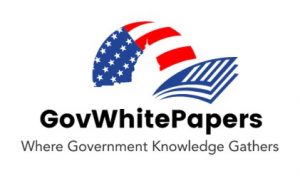 Necessity is the mother of invention, and that is in fact the case with virtual events. The ability to host virtual events has been available for quite some time, but the demand has not been there. With the sudden shutdown of the country due to COVID-19, event planners looked to postpone events but, as the crisis continued, they quickly embraced the online medium to keep some kind of connection to the public they needed to reach.
Necessity is the mother of invention, and that is in fact the case with virtual events. The ability to host virtual events has been available for quite some time, but the demand has not been there. With the sudden shutdown of the country due to COVID-19, event planners looked to postpone events but, as the crisis continued, they quickly embraced the online medium to keep some kind of connection to the public they needed to reach.
Virtual events are proving to be more than a stopgap as we work through the response to a public health crisis. It is generally accepted that habits form after 21 days and lifestyle changes cement themselves after 90. Being far beyond 90 days into online meetings and gatherings, we all now accept and even enjoy attending events and learning online. For event planners, virtual events have proven to be an amplifier of their content, often attracting more people than would have attended in person and providing a recorded version of sessions that can be used in other ways throughout the year.



 GovWhitePapers
GovWhitePapers For the past 17 years, the
For the past 17 years, the  In a relationship-driven market, where you spend your time and money is critical. Add the pandemic to that for a radical new twist. Events of all kinds have always been a cornerstone of the GovCon market: briefings, seminars, conferences. You name it; we have them.
In a relationship-driven market, where you spend your time and money is critical. Add the pandemic to that for a radical new twist. Events of all kinds have always been a cornerstone of the GovCon market: briefings, seminars, conferences. You name it; we have them. For the first time ever, every government agency received a passing score on the Federal Information Technology Acquisition Reform Act (FITARA) Scorecard. Now, this does not mean that everyone made the honor roll, rather the general GPA is
For the first time ever, every government agency received a passing score on the Federal Information Technology Acquisition Reform Act (FITARA) Scorecard. Now, this does not mean that everyone made the honor roll, rather the general GPA is 
